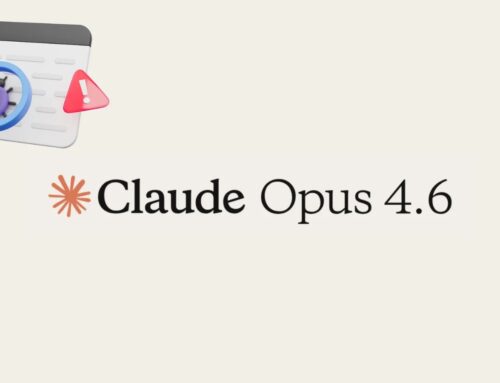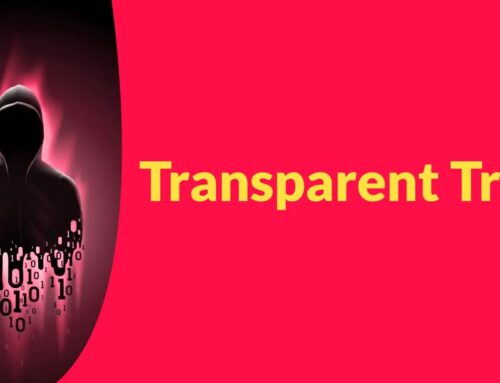
Wikipedia Lost Legal Battle Against The UK’s Online Safety ACT Regulations
The digital landscape is a dynamic battleground where freedom of information often clashes with regulatory oversight. A recent decisive High Court ruling against the Wikimedia Foundation and a Wikipedia user, “BLN,” has sent ripples through the cybersecurity and online governance communities. This judgment solidifies the UK’s stance on online safety, extending the reach of its stringent Online Safety Act regulations to platforms previously considered beyond its direct ambit. The implications for open-source knowledge repositories and global internet governance are profound.
This article delves into the specifics of Wikipedia’s legal challenge, the High Court’s decision, and the broader ramifications of the UK’s Online Safety Act. We will explore what this means for data platforms, user privacy, and the ongoing debate surrounding online content moderation.
The Core of the Legal Dispute: Category 1 Thresholds
At the heart of the legal battle was the UK Secretary of State’s decision to implement Category 1 threshold conditions under the new Online Safety Act. This classification carries significant weight, subjecting designated online services to the most rigorous regulatory requirements. The Wikimedia Foundation, operator of Wikipedia, along with a user identified as “BLN,” challenged this decision, arguing that Wikipedia, as a non-profit, user-generated knowledge repository, should not be subjected to the same regulatory framework as commercial social media platforms.
Their argument likely revolved around the unique nature of Wikipedia’s content — primarily factual, encyclopedic, and collaboratively edited — as opposed to user-generated social interactions, which are often associated with harmful content. The High Court, however, has seemingly prioritized the broad applicability of the Online Safety Act to a wider array of online services, emphasizing its fundamental objective to protect users from online harms.
Understanding the UK’s Online Safety Act
The UK’s Online Safety Act is landmark legislation designed to make the UK “the safest place in the world to be online.” It imposes a duty of care on online service providers to protect users from illegal and harmful content. Key aspects of the Act include:
- Categorization of Services: The Act categorizes online services based on their functions and risks, with Category 1 services facing the most extensive obligations.
- Duty to Remove Illegal Content: Services must proactively identify and remove illegal content, including child sexual abuse material, terrorist content, and content promoting self-harm.
- Protection of Children: Enhanced duties apply to services accessible by children, requiring them to assess and mitigate risks to young users.
- Freedom of Expression Safeguards: While aiming to curb harm, the Act also includes provisions intended to protect freedom of expression, a delicate balance that has been a point of contention for many critics.
- Ofcom’s Powers: The communications regulator Ofcom is empowered to enforce the Act, with powers including fines up to 10% of global annual turnover or £18 million, whichever is higher, for serious breaches.
The High Court’s ruling suggests that the definition of an “online service” under the Act is broad enough to encompass platforms like Wikipedia, despite their non-commercial and encyclopedic nature.
Implications for Free and Open Information
The reclassification of Wikipedia under Category 1 of the Online Safety Act raises several critical questions and concerns for the future of free and open information online:
- Increased Compliance Burden: Non-profit organizations like the Wikimedia Foundation may face significant operational and financial burdens to comply with the stringent requirements, potentially diverting resources from their core mission.
- Content Moderation Challenges: Wikipedia’s model relies heavily on community self-moderation. Imposing top-down regulatory obligations could alter this dynamic, potentially leading to over-censorship or a chilling effect on legitimate content creation to avoid penalties.
- Precedent for Global Legislation: This ruling could set a precedent for other nations considering similar online safety or content regulation frameworks, potentially leading to a more fragmented and regulated internet.
- Impact on User-Generated Content: The ruling could influence how platforms hosting user-generated content operate globally, necessitating more robust content review mechanisms.
The balance between protecting users from severe online harms and safeguarding fundamental rights like freedom of expression and access to information is incredibly delicate. This court decision underscores the ongoing tension between these objectives.
Remediation Actions and Future Outlook
For organizations operating online platforms, particularly those hosting user-generated content, this ruling serves as a strong signal. While Wikipedia’s case is unique, the broader implications are clear:
- Legal Review: All online service providers, especially those with significant UK user bases, should conduct a thorough legal review of their operations against the full text of the Online Safety Act to understand their potential categorization and obligations.
- Content Governance Policies: Develop and refine robust content governance policies that align with the Act’s requirements, focusing on the identification and removal of illegal content.
- Technological Investments: Invest in technology solutions that can assist in identifying problematic content at scale, while also respecting user privacy and fostering legitimate expression.
- Transparency in Moderation: Be transparent with users about content moderation policies and enforcement actions to build trust and potentially mitigate legal challenges.
- Advocacy and Engagement: Engage with policymakers and regulators to contribute to the ongoing development of online safety regulations, ensuring that the unique characteristics of different online services are considered.
The High Court’s decision marks a significant moment in the evolution of internet regulation. It highlights a growing trend towards greater accountability for online platforms and emphasizes the increasing scrutiny placed on the content they host. As an expert cybersecurity analyst, the takeaway is clear: proactive legal compliance and robust governance are no longer optional but critical components of an online platform’s operational security and legal standing. The cybersecurity landscape is not just about technical vulnerabilities (e.g., CVE-2023-38408, a recent arbitrary code execution vulnerability, or CVE-2023-39789, a critical authentication bypass) but also navigating the complex web of international regulations and legal requirements that dictate how data can be stored, accessed, and moderated.
The coming months will reveal how the Wikimedia Foundation responds to this judgment and how Ofcom proceeds with enforcing the Act across various online platforms. This legal defeat for Wikipedia is a powerful reminder that even the most established and seemingly benign online services are now subject to the evolving and increasingly stringent demands of national online safety legislation.





